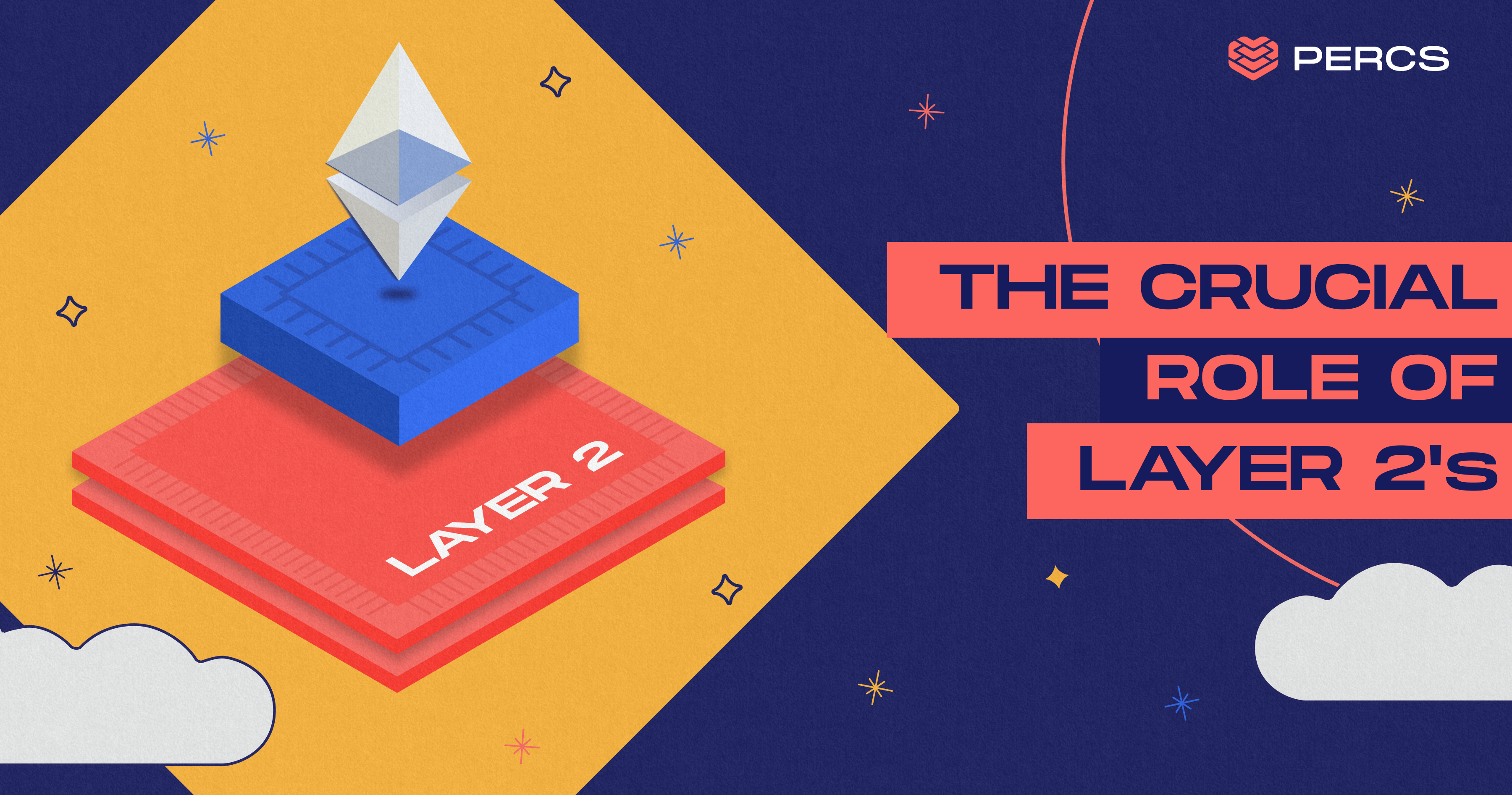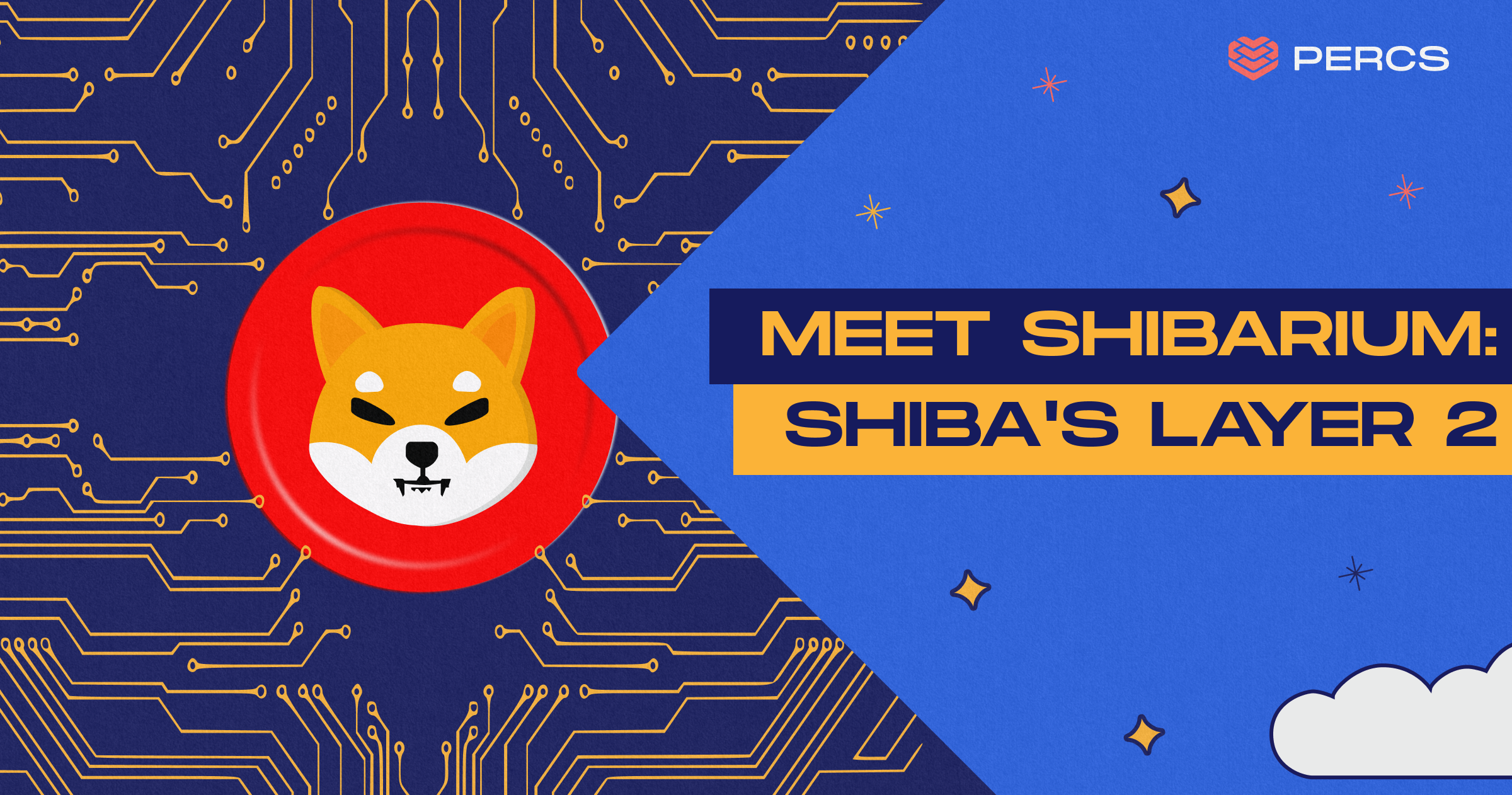
Writing smart contracts requires extensive study, in-depth knowledge of blockchain concepts, and meticulous revisions to ensure their correctness and reliability. However, with the right framework, this process can become significantly easier and faster. This is where OpenZeppelin comes into play.
In our journey through the Ethereum Superstack, we have delved into numerous concepts, and technologies, and even explored the inner workings of Ethereum's code. Today, we explore OpenZeppelin—an invaluable resource that contributes to the Ethereum ecosystem's revolutionary nature, empowering builders and creators alike.
OpenZeppelin, a leading open-source framework, provides developers with the tools and resources necessary to build secure and trustworthy blockchain applications. In this article, we will explore the features and benefits of OpenZeppelin and its significant contributions to the blockchain development community.
Building Blocks of OpenZeppelin:
OpenZeppelin serves as a robust foundation for developing decentralized applications (dApps) and smart contracts on various blockchain platforms, including Ethereum and others compatible with the Ethereum Virtual Machine (EVM). It offers a comprehensive suite of reusable, audited, and community-vetted smart contracts that address critical security concerns and best practices.
- Security: OpenZeppelin's contracts follow industry-standard security practices, minimizing the risk of vulnerabilities, such as the notorious reentrancy attack or arithmetic overflow. The contracts undergo rigorous audits, ensuring they meet the highest standards of security and reliability.
- Modularity: OpenZeppelin's contracts are designed with modularity in mind, allowing developers to leverage individual components and integrate them seamlessly into their projects. This modularity enhances code reusability, efficiency, and the ability to focus on specific functionalities.
- Upgradability: OpenZeppelin enables smart contract upgradability, a critical aspect often overlooked in early blockchain implementations. By following the upgrade pattern, developers can make changes to contracts while preserving the existing data and users' funds, providing greater flexibility and adaptability to evolving needs.
- Access Control: OpenZeppelin provides flexible access control mechanisms, enabling developers to define different application roles and permissions. This feature facilitates the implementation of multi-level access structures, such as administrators, moderators, and users, ensuring proper governance and security.
- Token Standards: OpenZeppelin supports widely adopted token standards like ERC20 and ERC721, making it easier to create fungible and non-fungible tokens on the Ethereum blockchain. These standards have become the backbone of the decentralized finance (DeFi) ecosystem and the booming world of digital collectibles.
Impact on Blockchain Development:
OpenZeppelin has had a profound impact on the blockchain development landscape. By providing reliable and audited smart contracts, it has significantly reduced the barrier to entry for developers interested in building secure and compliant blockchain applications. The framework has been adopted by numerous high-profile projects and has become an industry standard for developing smart contracts with a strong security foundation.
In addition to its existing features, OpenZeppelin recently introduced a groundbreaking function called "Contracts Wizard." This interactive generator is designed to assist developers who are unsure where to begin or need a solid foundation for their new smart contracts, which went viral recently showing that it was possible to create a memecoin in less than a minute since you can generate your own smart contract using the OpenZeppelin solution.

The Contracts Wizard provides a user-friendly interface that allows developers to bootstrap their contracts effortlessly. By answering a series of questions and selecting desired functionalities, developers can generate a customized smart contract template tailored to their specific needs. This feature not only saves time but also serves as an educational tool, helping developers learn about the various components offered by OpenZeppelin Contracts.
The supported contracts are ERC-20, ERC-721, ERC-1155, Governor, and also a space for custom contracts.
Conclusion:
OpenZeppelin's open-source framework has become a cornerstone of secure and trustworthy blockchain development. Its modular and audited smart contracts empower developers to build robust applications while mitigating security risks. By fostering community collaboration and adhering to transparent governance principles, OpenZeppelin ensures the continuous improvement of its framework and contributes to the advancement of the blockchain ecosystem as a whole.
The Web3 has much to thank Open Zeppelin and it's incredible to imagine that many solutions, and the new ones to come, will somehow have passed through Open Zeppelin, either the contracts themselves or based on the open knowledge that it's possible to retrieve from the platform.
Our Ethereum Superstack journey for sure had to present Open Zeppelin for those that want to learn more about Web3 knowing the importance of the solution. After all, Open Zeppelin isn't useful only to create a memecoin in seconds but also to empower the whole Web3 community.





